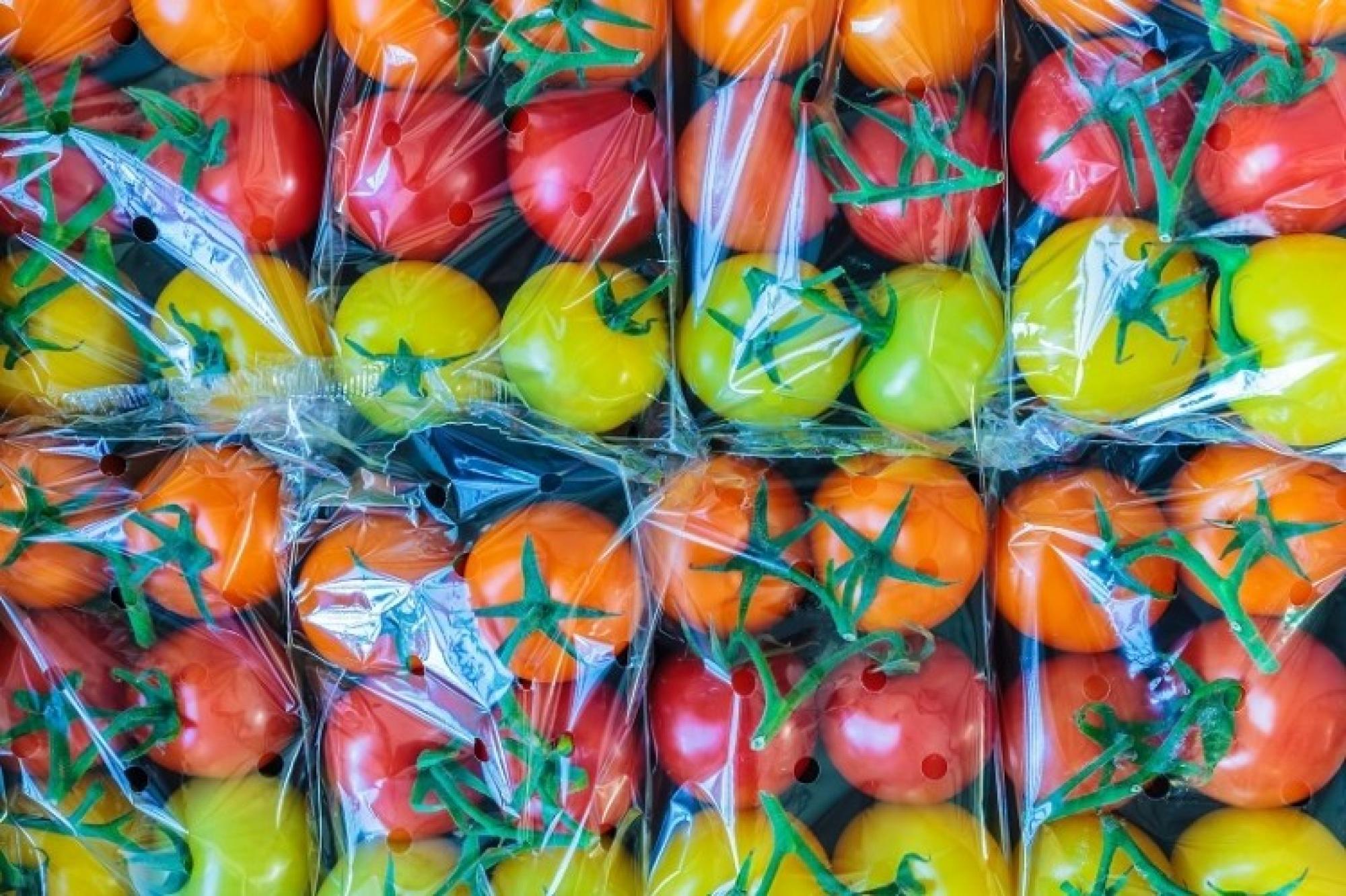Related Stories
Recycled and reused food contact plastics are 'vectors' for toxins – study
Key Excerpts from Article on Website of The Guardian (One of the UK's Leading Newspapers)

Posted: June 4th, 2023
https://www.theguardian.com/environment/2023/may/27/recycled...
Recycled and reused food contact plastics are "vectors for spreading chemicals of concern" because they accumulate and release hundreds of dangerous toxins like styrene, benzene, bisphenol, heavy metals, formaldehyde and phthalates, new research finds. The study assessed hundreds of scientific publications on plastic and recycled plastic to provide a first-of-its-kind systematic review of food contact chemicals in food packaging, utensils, plates and other items and what is known about how the substances contaminate food. "Hazardous chemicals can accumulate in recycled material and then migrate into foodstuffs, leading to chronic human exposure," the study's authors wrote, noting bottles made from polyethylene terephthalate (PET) plastic as a common example. The study ... identified 853 chemicals used in PET recycled plastic and many of those have been discovered during the last two years. The most commonly detected were antimony and acetaldehyde, while potent toxins like 2,4-DTBP, ethylene glycol, lead, terephthalic acid, bisphenol and cyclic PET oligomers were also most frequently found. The review also highlighted widespread "illicit" recycling in which industry uses non-food grade plastic made with flame retardants and other toxic compounds in recycled food packaging. Despite strict regulations on which types of plastic can be used for food contact, studies identified [contaminated materials from] recycled electronics in the US, South Korea and European markets.
Note: For more along these lines, see concise summaries of deeply revealing news articles on food system corruption and health from reliable major media sources.
Related Stories
Latest News
Key News Articles from Years Past











































































